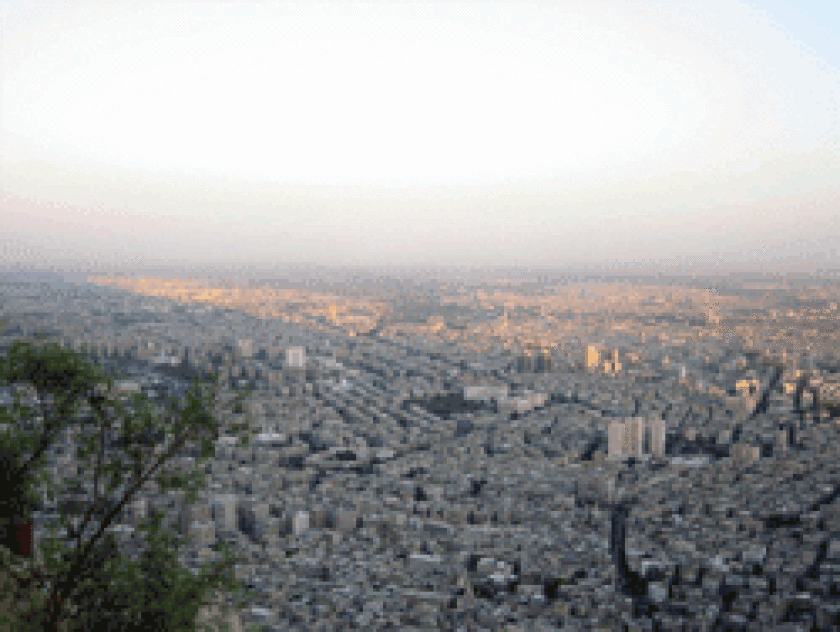Sporadically, the lights go out in Damascus, although power cuts tend to be short-lived and much less frequent than they used to be, say local businessmen. Nevertheless, Syria clearly needs to channel funds into its power sector. Today, it has installed generating capacity of some 3,600MW, and will need to add an estimated 2,200MW by 2006, representing an annual increase in demand of 6%, which calls for an investment of just over $1.6 billion.
So far, funding for the sector has come from the European Investment Bank, with loans of e75 million and e115 million advanced in December 2000 and February 2001 respectively earmarked for upgrading the electricity distribution system. Funding for energy-related infrastructural developments has also come from such sources as the Abu Dhabi Development Fund, the Kuwait-based Arab Fund for Economic and Social Development and the Islamic Development Bank in Jeddah.
Local businessmen say that the national road network in Syria is of a high standard compared with other countries in the Arab world - it needs to be, says one, in order to ensure speedy military movements - although several recent projects are aimed at improving the network still further. For example, a Kuwaiti firm recently won a $206.5
